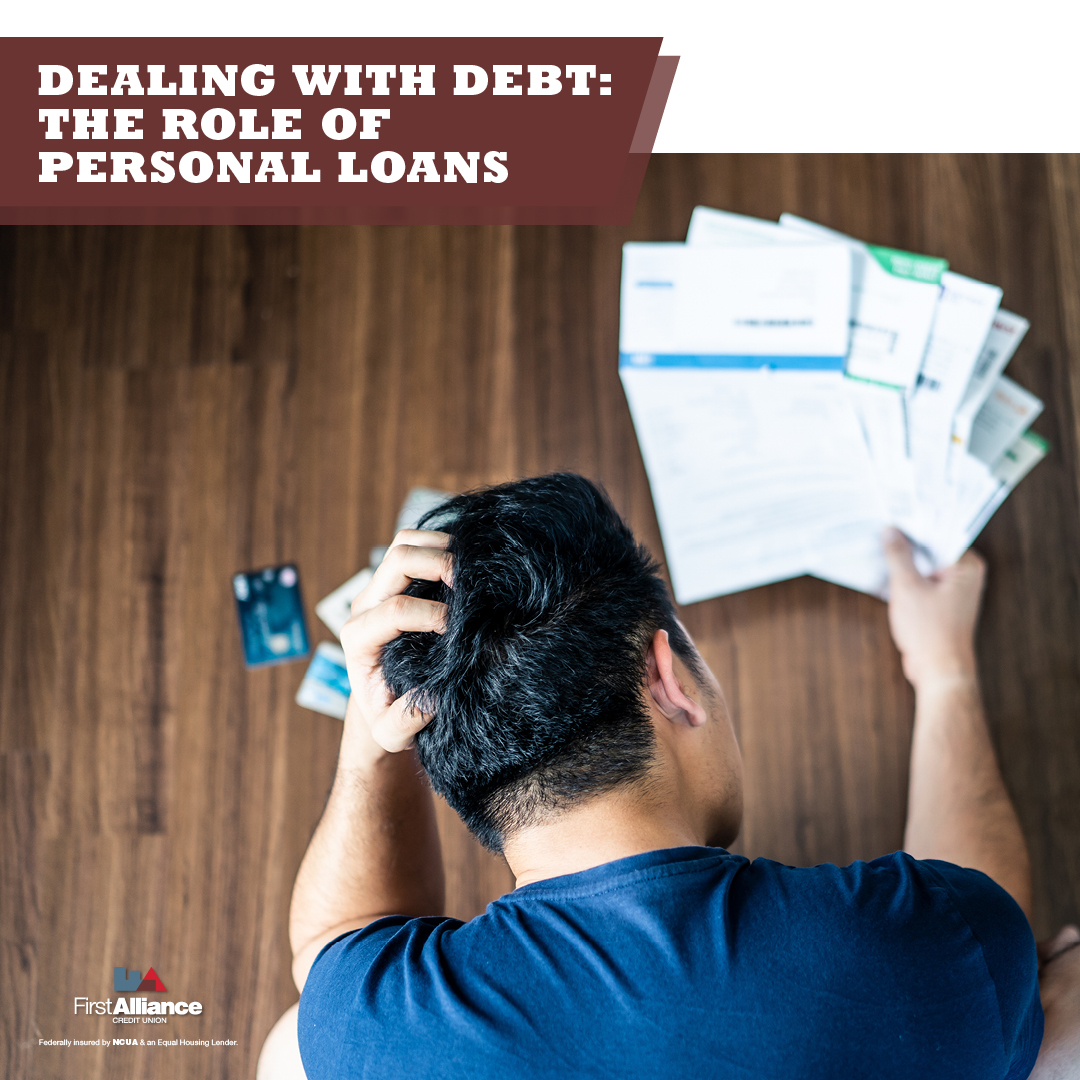Debt Forgiveness vs Debt Consolidation: Which is Better?
When you are struggling with large amounts of debts owed to multiple creditors, it’s understandable to want to ease the burdens and simplify your...
4 min read
 Jenna Taubel
:
Jun 21, 2018 5:38:00 AM
Jenna Taubel
:
Jun 21, 2018 5:38:00 AM

It is extremely stressful when you’re struggling to afford your payments every month. It’s natural to want to wipe the slate clean and start fresh. There is more than one way to accomplish starting fresh with your finances. The two most common solutions people consider are debt consolidation and bankruptcy. Each option has their pros and cons, and depending upon your specific situation either bankruptcy or debt consolidation can be a reasonable option.
The best way to explore the differences between debt consolidation vs bankruptcy as a debt management solution is to first identify the advantages and disadvantages of each option. Then you will be able to easily determine which debt management option will be the best for your specific financial situation.
The concept of a debt consolidation loan is fairly simple. You use a new loan to pay off your existing debts, thus consolidating your payments into one single payment. The new loan is usually at a lower interest rate and lower monthly payment than your current debts. You can use a debt consolidation loan to pay off a variety of different types of debts including:
It’s important to note that debt consolidation is different from debt settlement, which involves negotiations with your creditors to pay off your back debts with a lump sum payment. You often pay a fee to the debt settlement company for this service. Debt consolidation on the other hand can be completed quickly through a personal loan or home equity loan from your local bank or credit union, usually with minimal effects to your credit score. You will sit down with a lender and make a list of all the debts you plan to pay off with the new loan. The financial institution will issue payments to your creditors to payoff you’re current balances. You then make your monthly payment to the financial institution just like you would with a car loan.
There are many advantages to using a debt consolidation loan to gain control of your debt, including:
Of course, a debt consolidation loan may not be the best option for every situation. At the end of the day, you still need to be able to afford the payment for the debt consolidation payment, just because the payment is smaller doesn’t always mean you can afford it. It’s important to compare your existing debts with what a debt consolidation loan would provide you when considering this option for debt management. If you are not able to lower your monthly payments, save on interest, or shorten the time-frame within which you would pay off your debts, then a debt consolidation loan may not be the best option for your debt problems.
Additionally, while you can often keep your existing credit lines open after debt consolidation, if you will be tempted to overuse them again it might be better to close them, which could negatively affect your credit score. Essentially, for debt consolidation to be effective long term you will need to change your spending and credit usage habits. Otherwise, you will likely end up back in major debt a few years down the road.
Bankruptcy is the legal process that declares your debts as discharged and stops your creditors from being able to make further attempts to collect on them. There are several types of bankruptcy, but the most common forms for an individual to file under are:
In order to file for bankruptcy you will want to hire a bankruptcy lawyer to guide you through what can be a very complex court process. During the bankruptcy proceedings you will be appointed a trustee who will handle your case and act as a moderator between you and your creditors. The entire filing process can takes between three to six months depending upon your situation, and there are many important deadlines and steps you will be required to take during that time.
Regardless of if you are considering filing Chapter 7 or Chapter 13 for bankruptcy, there are some key advantages to consider:
While the perks of bankruptcy are compelling, it’s important to keep in mind that there are some serious disadvantages too:
Debt consolidation and bankruptcy both have attractive advantages by offering a fresh financial start; but the disadvantages should be taken seriously. If this is your first time struggling to manage your debts, a debt consolidation loan is probably the first option you should consider. This is a quick and easy option that won’t significantly impact your credit score, or cause you to have to completely change your life. However, if your credit is already significantly damaged, you have tried a variety of other options to gain control of your debt and nothing seems to help; then filing for bankruptcy maybe the most realistic option for you. Of course, before you make any final decisions it is important to consult a trusted financial institution. They can help you fully evaluate your financial situation and give you some guidance. If you find out the debt consolidation is not an affordable option, but bankruptcy seems too extreme, they may be able to provide you with additional options and resources to consider.

When you are struggling with large amounts of debts owed to multiple creditors, it’s understandable to want to ease the burdens and simplify your...

Debt can feel like a heavy chain, holding you back from making progress on your financial goals. Consolidating your debts, however, can be the key to...

Managing multiple debts can feel overwhelming in today's financial landscape. However, there is a beacon of hope in the form of debt consolidation...